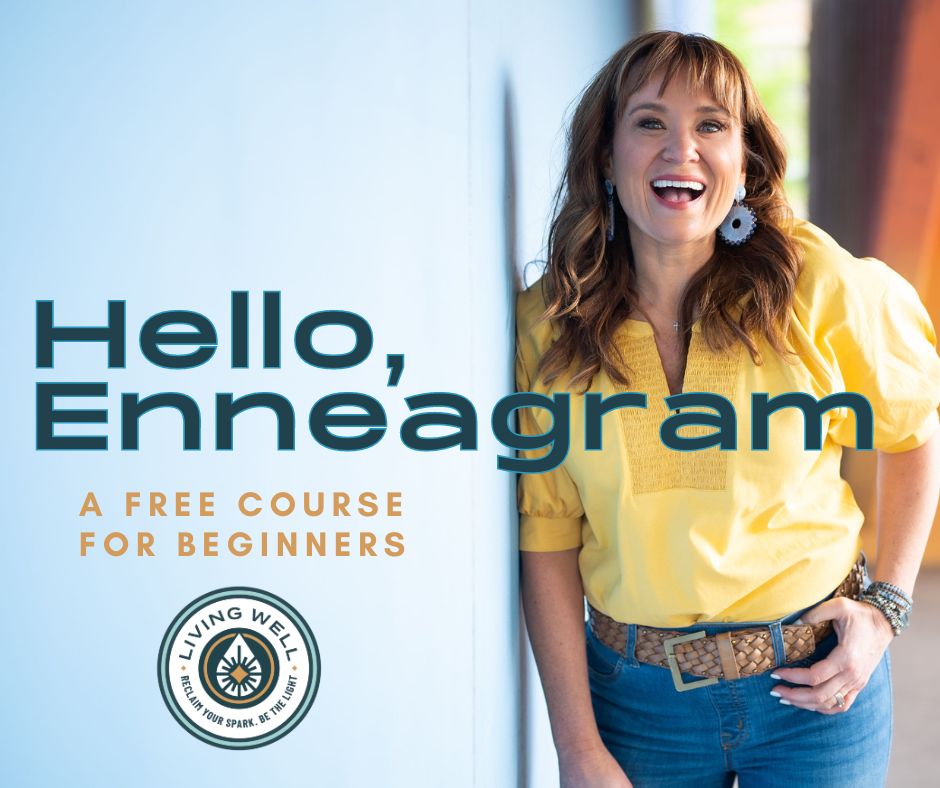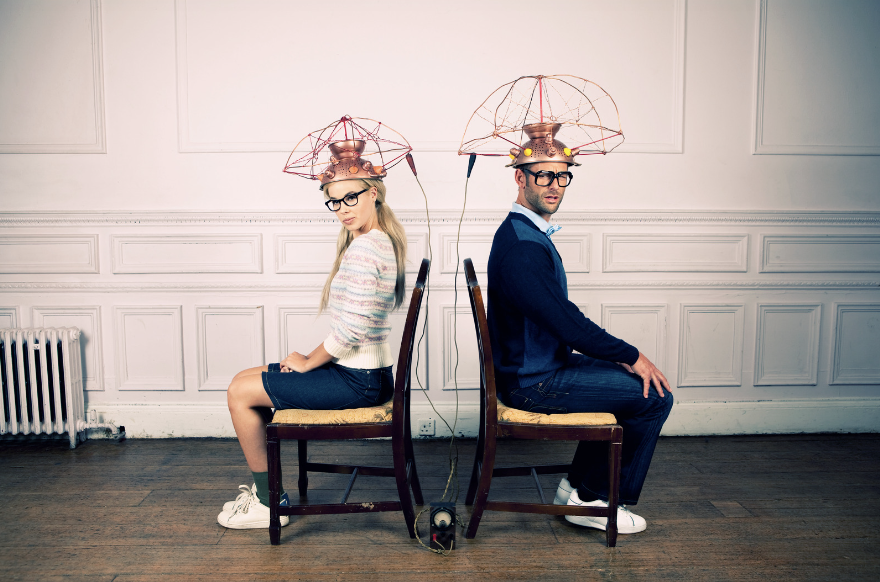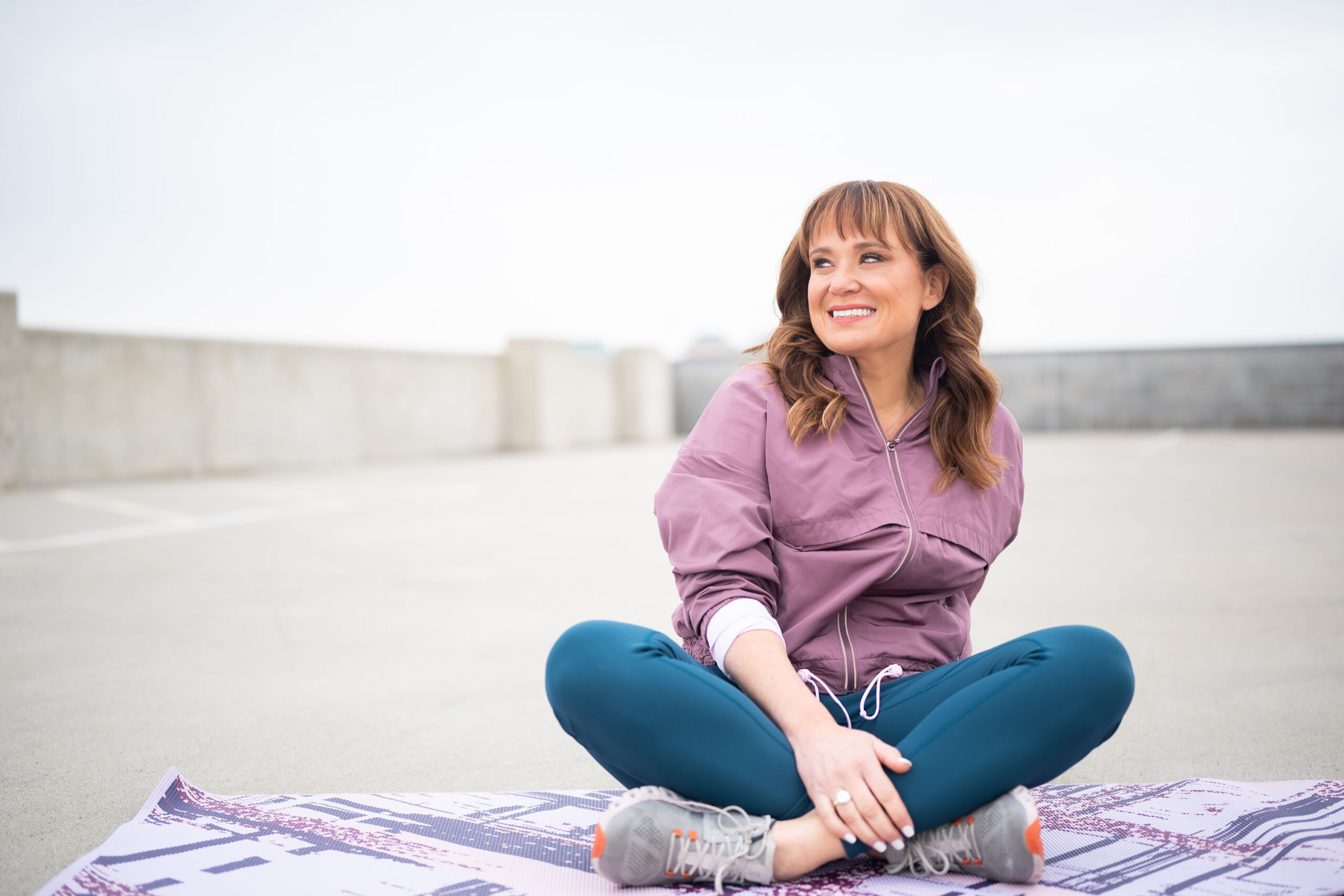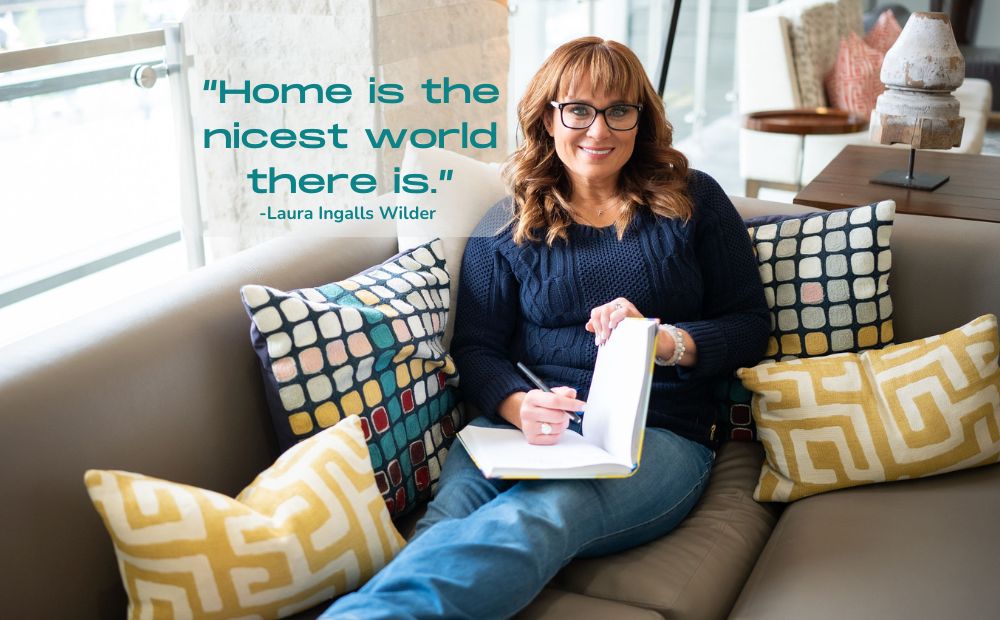Understanding Our Roles in Everyday Relationships: Why It Matters
Living Well Masterclass Series
back to the blog
written by
Relationships are the fabric of our daily lives. Whether we’re interacting with a close friend, a colleague, or even the cashier at the grocery, the roles we play in these relationships significantly impact how we experience the world and how others experience us. But have you ever taken a moment to consider what roles you’re playing in your everyday relationships and why it’s crucial to understand them?
In a recent masterclass, we delved into the importance of recognizing our roles within relationships, especially those we encounter daily. The insights shared are not just about enhancing our interactions but about bringing out the best in ourselves and others.
The Scope of Everyday Relationships
When we talk about relationships, it’s easy to think of the ones that are closest to us—our family, our partners, our dearest friends. However, our everyday relationships with coworkers, neighbors, and even the people we see regularly at the gym or grocery store are just as important. These interactions might seem fleeting, but they play a significant role in our daily experiences.
As one of the masterclass speakers emphasized,
“We are in relationship with a lot of people every day, and they’re important. And it’s important that we bring out the best in ourselves and the best in others as we are navigating these everyday relationships.”
The Three Roles We Play
In any relationship, we often find ourselves in one of three roles: the leader, the team member, or the beneficiary. Understanding which role we’re in helps us navigate the relationship more effectively, ensuring that our contributions are meaningful and that we’re engaging in a healthy, balanced way.
The Leader

As a leader, you’re responsible for guiding, directing, and making decisions that move a group forward. This could be in your workplace, where you might be tasked with leading a project, or in a volunteer organization where you’re driving an initiative. For example, one speaker mentioned, “In my business, I’m the leader. And when I work with the people that I hire to help me, or when I work with classes that I teach, I’m leading those classes. I am moving something forward, and it is my responsibility.”
The Team Member
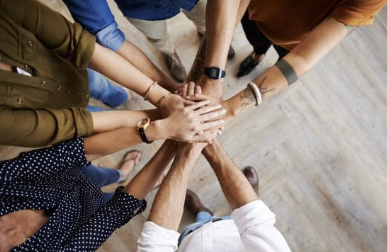
In this role, you’re collaborating with others toward a common goal. You’re not the one making all the decisions, but your contribution is vital to the group’s success. An example shared in the masterclass was, “Right now, I am in a musical theater production where there are over 60 people in the cast and crew. And in that role, I am a team member. I am working with people to bring an experience to an audience.”
The Beneficiary

Sometimes, we are simply on the receiving end of a relationship. This could be in a faith community where we attend services but aren’t involved in leadership or in a class where we’re there to learn rather than teach. Recognizing this role is equally important because it helps us appreciate and engage with what others offer.
Why Knowing Your Role Matters
Understanding the role you play in any given relationship is more than just a tool for effective communication—it’s a pathway to self-awareness and better relationships. When you know your role, you can approach your interactions with greater clarity and purpose. This awareness allows you to contribute positively and avoid unnecessary conflicts or misunderstandings.
As one speaker in the masterclass pointed out,
“I need to know the role that I’m in to best bring health and goodness and the best of myself and the best of others in the relationships that I have.”
Challenges in Everyday Relationships
Everyday relationships come with their unique set of challenges. Because these relationships often involve less time and commitment than our closest bonds, they are more prone to miscommunication and misunderstanding.
“There’s less time, less commitment. So now we have an opportunity for crossed wires, miscommunication, [and] bad days,” one of the speakers explained.
Without the depth of connection that comes with long-term relationships, it’s easy for these everyday interactions to become strained.
Recognizing your role and the dynamics at play can help mitigate these challenges. By understanding the context of the relationship and approaching it with intention, you can turn even the briefest interactions into positive, meaningful experiences.
Taking Action: Reflecting on Your Roles
So, how can you start applying this understanding in your life? Begin by reflecting on the everyday relationships you’re a part of.
Ask yourself:
❓What role am I playing in each of these relationships?
❓What are the challenges I face, and how can I approach them differently?
Taking time to reflect on these questions can provide valuable insights and help you navigate your relationships with more intention and grace.
What’s Next?
The roles we play in our relationships shape not only how we interact with others but also how we experience our daily lives. By understanding whether we are a leader, a team member, or a beneficiary in each of our relationships, we can engage more fully and bring out the best in ourselves and those around us. As we continue to navigate these everyday interactions, let’s do so with awareness and intention, knowing that even the smallest relationships can have a significant impact on our lives.

Take a moment today to consider your roles in your everyday relationships.
How are you showing up, and what can you do to make these interactions more meaningful?
By reflecting on these questions, you’ll be better equipped to create positive, fulfilling relationships in every aspect of your life.
Are you ready to start improving your relationships through the wisdom of the Enneagram?
Join me in our Masterclass series: Better Relationships by clicking the link below….
Maybe you are just beginning to explore the Enneagram and want to learn the basics first… The links below are a great place to start!

Jennifer Stanley
share it
10
Sep
more posts
Copyright Living Well 2023-2025. All Rights Reserved. Privacy Policy. Terms of Service. Site Credit.
Courses
Need direction?
Discover what you need to chart a path to a more meaningful tomorrow.
are you ready for more?
AROUND THE SITE
follow @livingwellbyjen
Discover Your Number
Paragraph
